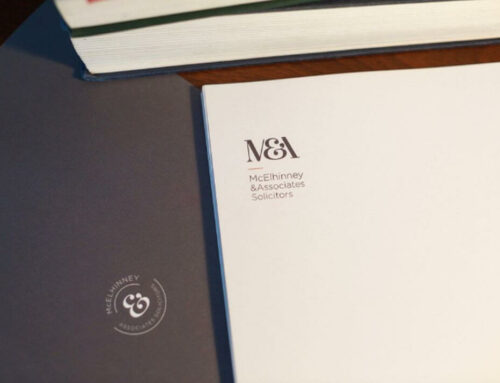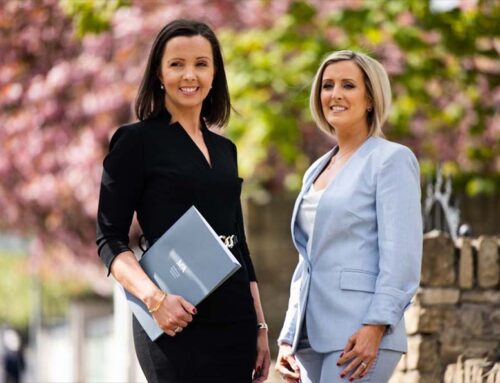No one can predict the future, but this does not mean that we should not try to plan for it. Mapping out your wishes and goals can help us achieve them for you. With careful consideration and advance tax planning, it is possible to minimise or even eliminate the amount of inheritance tax payable on the transfer of assets to your loved ones, whether that be during your lifetime or after your day.
Quite often people mistakenly believe they do not require estate planning and believe this is only for the wealthy. Believe it or not, you have an estate. Everyone does. Your estate comprises of everything you own, your car, home, property, savings, investments, life policies, personal possessions, farming assets, company shares, business assets and so on.
No matter how large or small your estate is, we all have that one thing in common, you can’t take it with you when you die.
Capital Acquisitions Tax (CAT) is the tax charged and payable by beneficiaries on gifts and inheritances received from loved ones. The current rate of CAT is 33%. The amount payable by them is dependent on their relationship to you. There are three group thresholds for CAT;
Group 1 Threshold €400,000; this applies to gifts or inheritances passed from parent to child, a minor child of a deceased child and in certain circumstances, a gift or an absolute inheritance taken by a parent from a child.
Group 2 Threshold €40,000; this applies to gifts or inheritances taken from a brother, sister, niece, nephew, aunt, uncle, grandparent.
Group 3 Threshold €20,000 ; this applies to those the Revenue refer to as ‘strangers in blood’ who have no relationship to you.
These group thresholds are the tax-free amount in which you can take from a particular individual depending on your relationship to them. Any amount taken over and above that group threshold is taxed at 33%. Gifts and inheritances taken by a Spouse or Civil Partner are exempt from CAT.
Unfortunately, these tax thresholds all too often do not cover the value of the transfer of certain assets such as farmlands, business assets, premises and shareholdings and can often, result in the forced sale of a family farm or business and in some circumstances the family home in order to discharge the tax liabilities.
With proper consideration of the transfer of assets and to whom you wish to benefit, the consequential tax consequences can be minimised, if not avoided altogether.
There are reliefs from Capital Acquisitions Tax which apply to the transfer of certain assets. The main reliefs are:
- Business Relief; this relief from CAT provides a similar reduction of 90% in the taxable value of certain business assets or private companies where both the business itself and the beneficiary meet the qualifying conditions. The relief applies to the transfer of a business or a share in a business, or the shares or securities of a company carrying on a business.
- Agricultural Relief; this relief reduces the value of the agricultural assets subject to the CAT by 90% where the beneficiary is a qualifying farmer and meets the ‘farmer test’ and holds the property for a minimum of six years. Agricultural property which does not qualify for Agricultural Reliefmay however qualify for Business Relief.
- Dwelling House Relief; this is a total exemption from CAT and is available on the value of certain dwelling houses (with up to an acre of land) where both the donor and the beneficiary meet certain conditions which ensure that the property was and continues to be their principal place of residence.
- There is also the under used but extremely useful Small Gift Exemption which, if used effectively over a number of years, can allow for the lifetime gifting of a sum of money totally tax free. The relief allows you to take a gift from several people in the same calendar year of which the sum of €3,000 from each disponer is exempt from CAT. Furthermore, gifts within this limit are not taken into account in computing tax and are not included for aggregation purposes and therefore do not eat into the CAT threshold applicable to you.
Planning for the future and the passing of assets to the next generation requires thought and timely consideration. In particular, farming families or those with family businesses would be well advised to assess their estate and their intended beneficiaries to ascertain whether they can plan more tax efficiently around the passing of their estate to the next generation. Another good reason to make a Will!!!
Please do not hesitate to contact McElhinney & Associates Solicitors today on 074 91 75989 or email us at admin@mcelhinneyassociates.com
*In contentious business a Solicitor may not calculate fees or other charges as a percentage or proportion of any award or settlement













